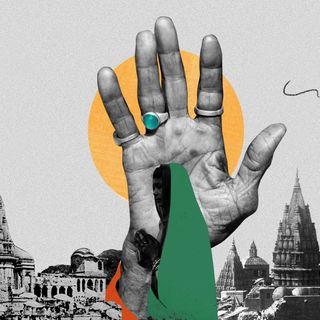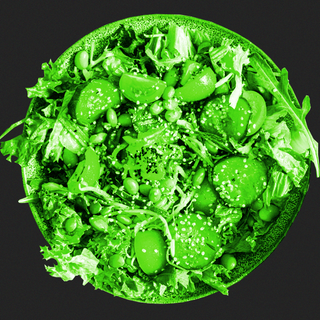A new Covid19 variant reported in South Africa has once again put the world on high alert. Just as countries began to transition into a post-pandemic reality, the discovery of the new variant gave everyone grave pause.
Reportedly, the variant — called “B.1.1.529” — is more transmissible than the Delta variant. The Delta variant was first detected in India, and is currently the dominant variant in the world. Amid concerns about reduced vaccine efficacy against Delta, this new development adds fuel to the fire.
B.1.1.529 has also been detected in Botswana and Hong Kong. The biggest cause for concern is that it has 32 mutations in its spiked protein — the part of the virus that vaccines target. This is nearly twice as many as the Delta variant.
“Spike protein” refers to the biological feature of viruses that allows them to penetrate and infect host cells. It is one of three proteins in a coronavirus’s “viral envelope” — the other two are the membrane and the envelope proteins. While these are responsible for the assembly of the virus, the spike protein performs the main function of initiating infection in hosts by first binding to host cell receptors, and then fusing its “envelope” with the host’s cell membrane.
Mutations in the spike protein take place regularly, as the virus adapts to changing conditions. Sometimes, these mutations lead to antibody resistance and greater transmissibility, which means that they can evade the host’s immune responses to a greater extent. With B.1.1.529, both of these mutations have been observed, according to the World Health Organization.
The WHO will reportedly decide whether the variant is one of “interest” or of “concern,” and designate a Greek name after that.
In South Africa, the variant is dominant in the Gauteng province — of which Johannesburg, South Africa’s largest city, is a part.
“This variant did surprise us, it has a big jump on evolution [and] many more mutations that we expected [sic],” Tulio de Oliveira, the director of the Centre for Epidemic Response and Innovation in South Africa, told BBC News. Oliveira noted that there were around 50 mutations overall, and 30 specifically involving the spike protein.
Related on The Swaddle:
How Covid19 Variants Are Making It Even More Critical to Vaccinate Everyone, Quickly
Further, the variant has 10 mutations of the “receptor binding domain” — the part of the virus to make first contact with host cells — as opposed to the Delta variant’s two mutations.
Scientists believe that the extremely high number of mutations in this variant can drive further waves of the pandemic, because of the ability to evade the body’s defences, The Guardian noted. The variant “very, very much should be monitored due to that horrific spike profile,” said Dr Tom Peacock, a virologist at Imperial College London, in a tweet thread.
“This variant contains not one, but two furin cleavage site mutations — P681H (seen in Alpha, Mu, some Gamma, B.1.1.318) combined with N679K (seen in C.1.2 amongst others) — this is the first time I’ve seen two of these mutations in a single variant,” he added.
The “furin cleavage site” mentioned in the tweet is a part of the spike protein in the virus that is important for the virus to enter host cells and initiate host membrane fusion, according to a paper authored by Peacock earlier this year.
In light of these concerns, India and other countries around the world have begun to ramp up screenings of international travellers once again.
“This variant is reported to have a significantly high number of mutations, and thus, has serious public health implications for the country, in view of recently relaxed visa restrictions and opening up of international travel,” a letter by the Union Health Secretary to India’s states and union territories said.
While it is too soon to predict the outcome of this particular variant’s spread, some scientists have already called it the “worst variant” they’d ever seen.
“Beta was all immune escape and nothing else, Delta had infectivity and modest immune escape, this potentially has both to high degrees,” said Ravi Gupta, from the University of Cambridge.
The biggest concern about the variant is how it will affect vaccine regimens across the world. Most vaccines have been designed keeping the spike protein of the original coronavirus in mind — but with new mutations, they may become less and less effective against the virus.




